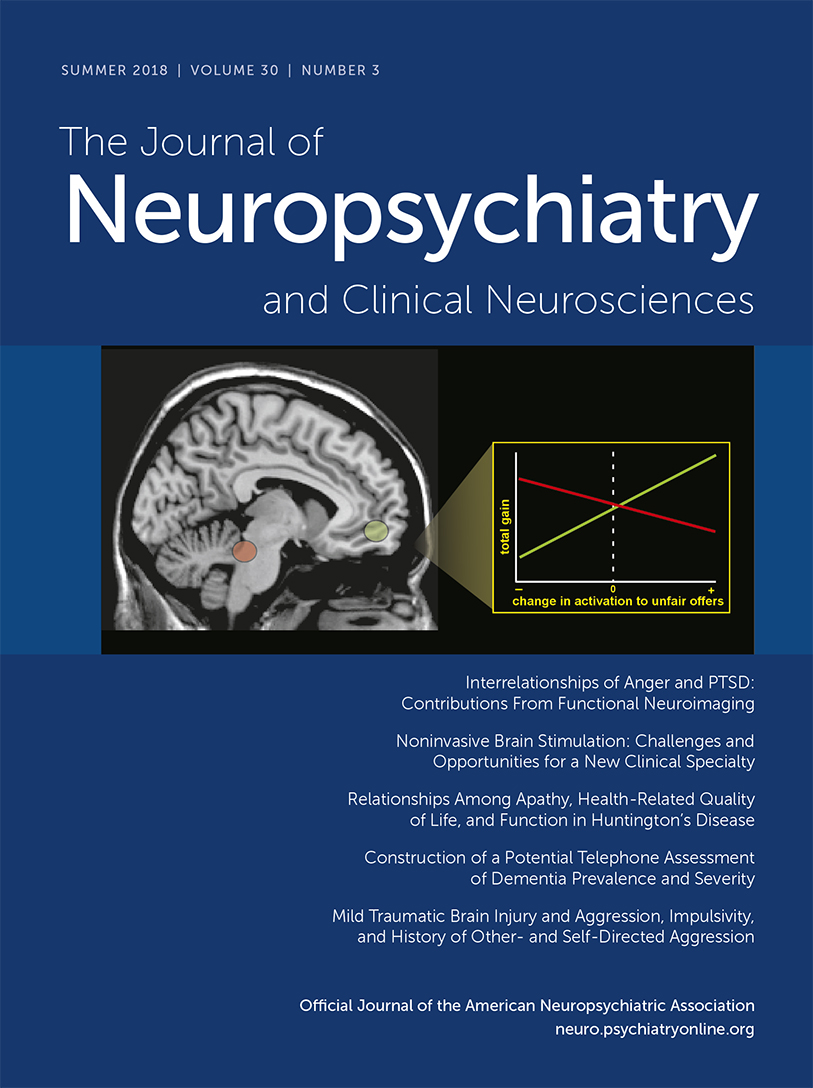Relationships Among Apathy, Health-Related Quality of Life, and Function in Huntington’s Disease
Abstract
Up to 90% of individuals with Huntington’s disease (HD)—a progressive, inherited neurodegenerative disorder—experience apathy. Apathy is particularly debilitating because it is marked by a reduction in goal-directed behaviors, including self-care, social interactions, and mobility. The objective of this study was to examine relationships between variables of apathy, functional status, physical function, cognitive function, behavioral status/emotional function, and health-related quality of life. Clinician-rated measures of physical, cognitive, and behavioral function, including one clinician-rated item on apathy, and self-reported measures of physical function, health-related quality of life, and emotional, cognitive, and social function were collected in a single session from 487 persons with the HD mutation (prodromal, N=193; early-stage manifest, N=186; late-stage manifest, N=108). Multiple linear regression models were used to examine which outcomes best predicted clinician-rated apathy after controlling for disease stage. Greater apathy related to less independence, increased motor impairment, and more clinician-rated behavioral problems (i.e., anger, irritability, depression). Similarly, poorer self-reported health-related quality of life; greater chorea; greater upper- and lower-extremity dysfunction; greater speech and swallowing dysfunction; worse anxiety, depression, and behavioral dyscontrol; worse cognitive function; and less satisfaction with social roles related to greater apathy. In conclusion, apathy related to physical, cognitive, and behavioral dysfunction across disease stages. Future work should explore whether clinical interventions targeting different functional domains may have the potential to reduce apathy in this patient population.



